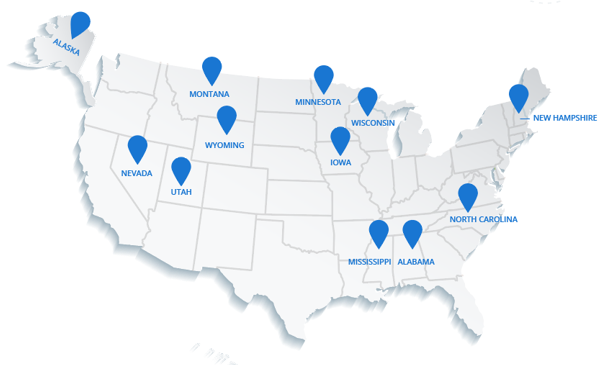Editor: Elizabeth Moran, MSN, RN, CPNP-PC
Social media has become an integral part of modern culture, influencing various aspects of our lives, including healthcare. The American College of Physicians and the Federation of State Medical Boards define social media as "digital technologies that facilitate the conception and sharing of information, ideas, career interests, and other forms of expression via virtual communities and networks" (Borgman et al., 2018). This definition extends beyond familiar platforms like Facebook and Twitter, prompting a consideration of the advantages and potential drawbacks of social media for healthcare professionals.
Understanding the Benefits
Social media offers numerous benefits for healthcare providers, including the ability to:
- Connect Participants and Drive Interest: Social media can facilitate connections among professionals attending conferences and special events. For instance, using hashtags like #NAPNAPHillDay during advocacy events enables participants to share experiences, engage virtually, and highlight the organization's work (National Association of Pediatric Nurse Practitioners, 2019).
- Share Professional Information: Platforms like Twitter and LinkedIn are useful for hosting virtual journal clubs, expert debates, and exchanging information about clinical practice, trends, and geographical factors, which can enhance healthcare knowledge and decision-making (Grady & Moran).
- Advance Careers: Healthcare professionals can utilize social media to ask questions, network, and seek mentorship within their specialty or profession. Online forums provide opportunities for professional growth and learning (Grady & Moran).
Possible Downsides
While there are clear benefits, social media also presents potential downsides:
- Breach of Confidentiality and Privacy: Healthcare professionals must maintain patient confidentiality. Even seemingly harmless posts can breach privacy, harming patients' reputations and affecting future relationships and employment. Posted content should be considered permanent, public, and potentially archived (Pillow et al., 2014).
- Blurring of Boundaries: Social media may blur professional boundaries, as connecting with patients or their families can complicate relationships. Engaging with patients on social media can hinder objectivity and professionalism, potentially compromising patient care (Chreiten & Kind, 2013).
What Others Are Saying
Professional organizations provide guidelines for social media use in healthcare:
- American Nurses Association (ANA) encourages nurses to leverage social media for their careers while maintaining professionalism (ANA).
- National Council of State Boards of Nursing (NCSBN) emphasizes awareness, appropriate behavior, and acting in patients' best interests (NCSBN).
- American Association of PAs (AAPA) refers to the American Medical Association's (AMA) guidelines for healthcare providers on maintaining a professional social media presence (AAPA).
- American Medical Association (AMA) offers guidelines for professional social media use, focusing on maintaining ethical and professional behavior (AMA).
- International Nurse Regulator Collaborative (INRC) highlights six 'P's of social media use: professional, positive, patient/person-free, protect yourself, privacy, and pause before you post (INRC).
- Association for Healthcare Social Media (AHSM) advocates for best practices in social media use in healthcare (AHSM).
Final Thoughts
Social media offers opportunities for healthcare professionals to connect, learn, and share knowledge. However, maintaining professionalism and patient privacy is paramount. It's important to evaluate why one engages with patients or colleagues on social media and ensure that online behavior aligns with ethical standards. While social media can enhance professional connections, not all behaviors seen online are appropriate for healthcare professionals (Grady & Moran).
*References:
- Borgman, H., Cooperberg, M., Murphy, D., et al. (2018). Online professionalism—2018 Update of European Association of Urology recommendations on the appropriate use of social media. European Urology, 74, 645.
- National Association of Pediatric Nurse Practitioners. (2019). NAPNAP Hill Day. Retrieved from [link].
Tags:
Clinician LifeSeptember 25, 2023




Comments